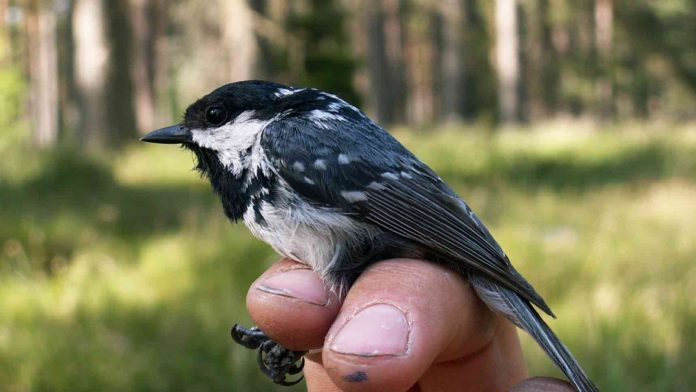Researchers at Lund University in Sweden have discovered that bird blood produces more heat in winter, when it is colder, than in autumn. The study is published in The FASEB Journal.
The secret lies in the energy factories of cells, the mitochondria. Mammals have no mitochondria in their red blood cells, but birds do, and according to the research team from Lund and Glasgow this means that the blood can function as a central heating system when it is cold.
“In winter, the mitochondria seem to prioritize producing more heat instead of more energy. The blood becomes a type of radiator that they can turn up when it gets colder”, says Andreas Nord, researcher in evolutionary ecology at Lund University who led the study.
Until now, the common perception has been that birds keep warm by shivering with their large pectoral muscles and fluffing up their feathers. Less is known about other heat-regulating processes inside birds.
To investigate the function of mitochondria, the researchers examined great tits, coal tits and blue tits on two different occasions: early autumn and late winter. The researchers took blood samples from the birds and isolated the red blood cells. By using a so-called cell respirometer, a highly sensitive instrument that can measure how much oxygen the mitochondria consume, the researchers were able to calculate how much of the oxygen consumption was spent on producing energy and how much was spent on creating heat. Finally, they also measured the amount of mitochondria in each blood sample.
The results show that the blood samples taken in winter contained more mitochondria and that the mitochondria worked harder. However, the work was not to produce more energy, something the researchers had assumed since birds have a much higher metabolism in winter.
“We had no idea that the birds could regulate their blood as a heating system in this way, so we were surprised”, says Andreas Nord.
The researchers will now investigate whether cold weather is the whole explanation for the birds’ blood producing more heat in winter. Among other things, they will study whether the food that the birds eat in winter affects the mitochondria.















